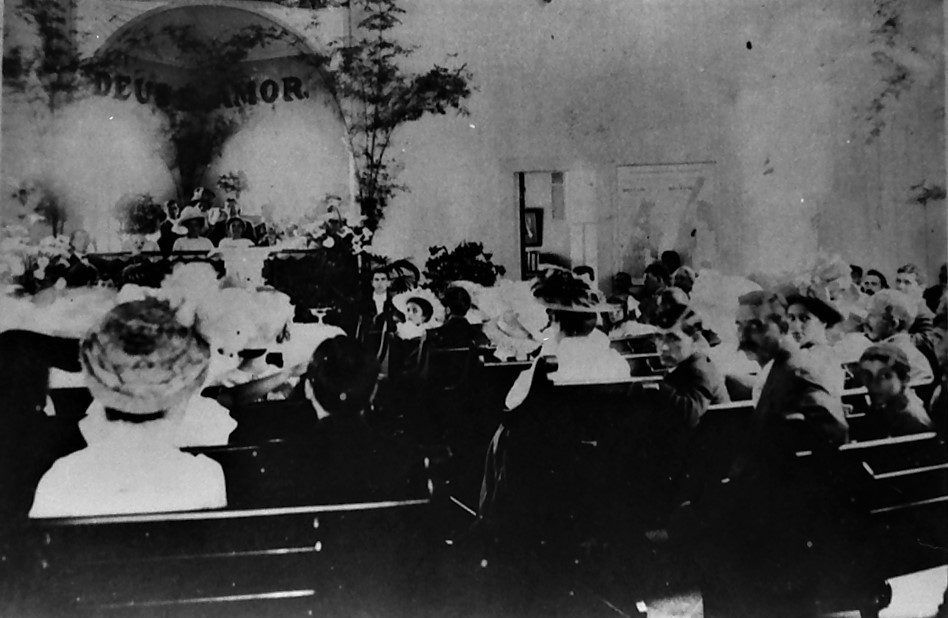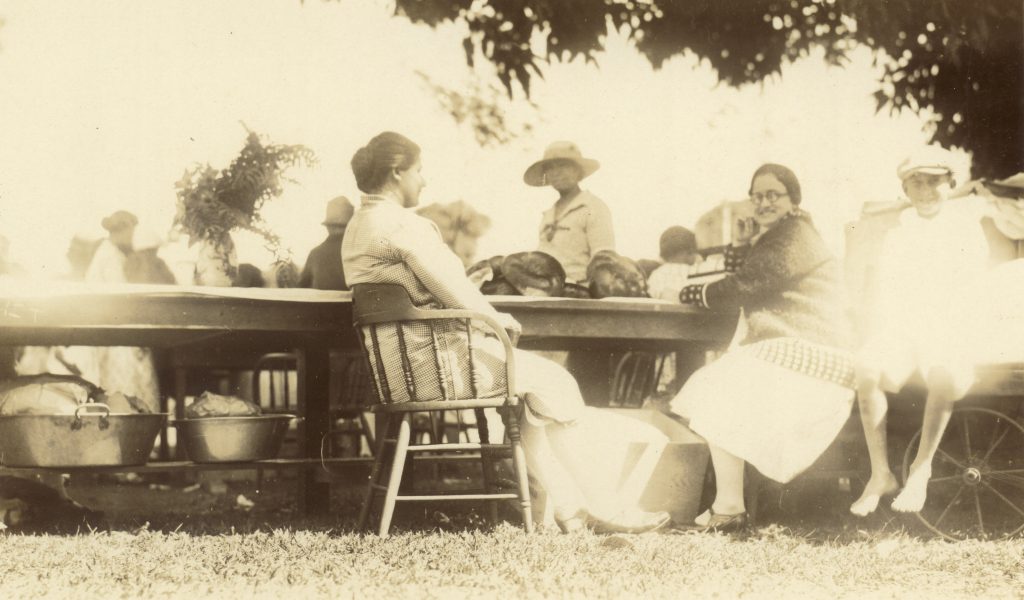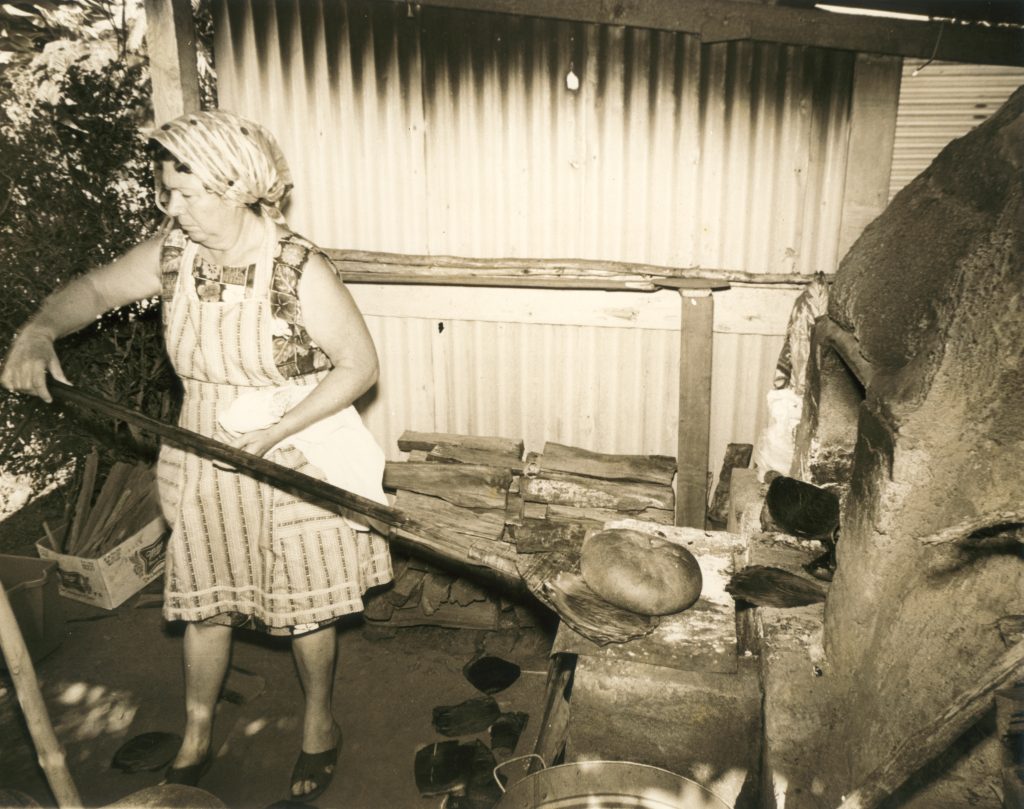More than 29,000 Portuguese immigrants arrived in Hawaiʻi during the years 1878 to 1913. Hawaiʻi-based sugar companies hired men and women as fieldworkers or supervisors. Many of the immigrants retained their cultural traditions from the Atlantic islands of Madeira and the Azores.
In 2021, the U.S. Congress designated June to celebrate the culture and contributions of Portuguese immigrants. June is significant because of Dia de Portugal, or Day of Portugal, commemorating the 1580 death of Luís de Camões, a poet and national literary icon. The month may also include the Festa do Divino Espirito Santo, a religious festival honoring the Holy Spirit and Queen Isabella of Portugal (1271-1336), for her support of orphans, homeless individuals, and people experiencing illness.
Faith, family, and food are represented in the Portuguese photographs, documents, and artifacts preserved by the Lyman Museum. Our Archives is open for research by appointment. Learn more at https://lymanmuseum.org/archives/research-collection/.
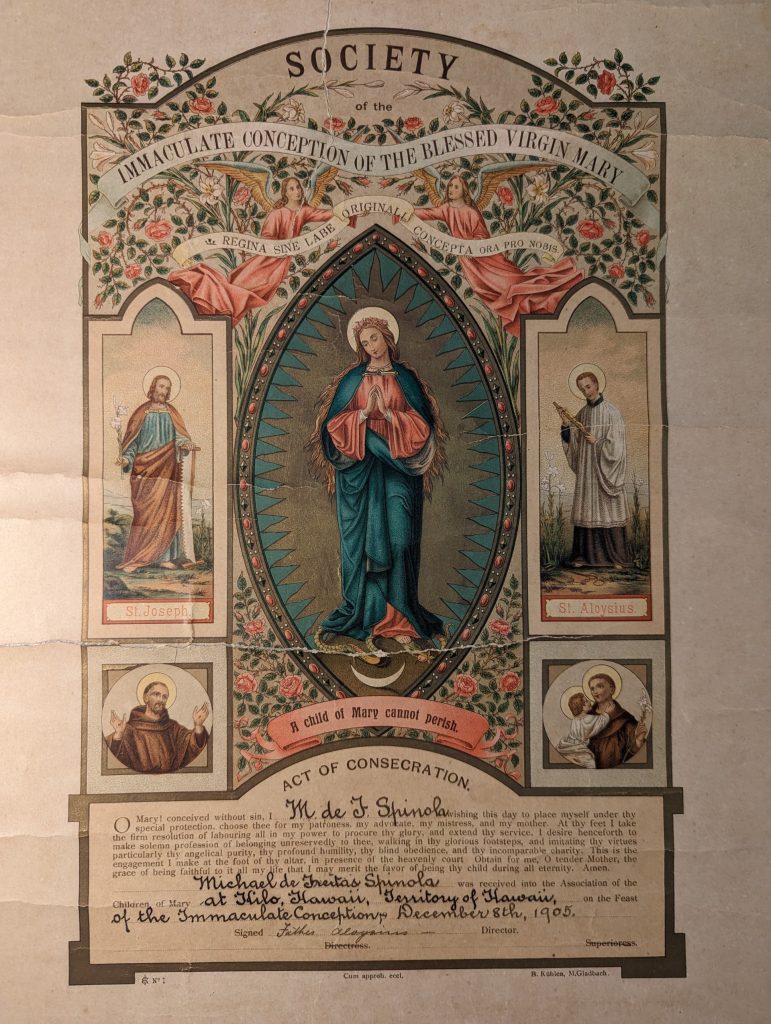
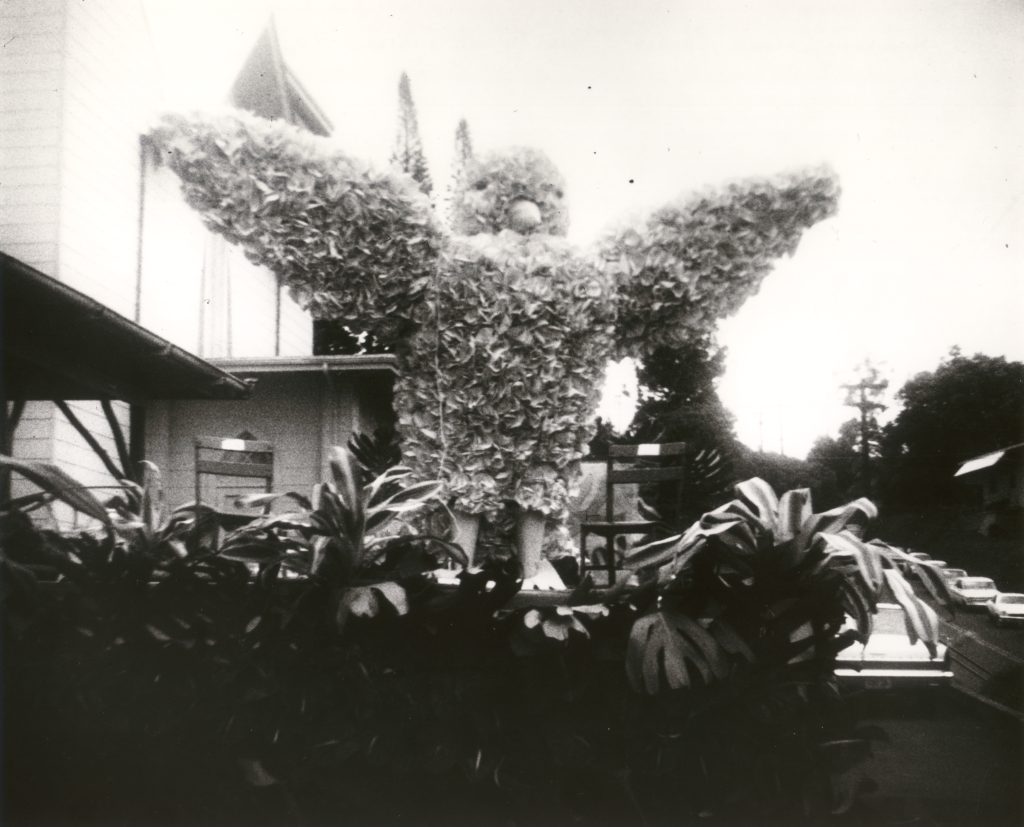
A large dove representing the Holy Spirit, outside Our Lady of Lourdes Catholic Church, Honokaʻa. Traditionally the Holy Ghost festival stretched over seven Saturdays leading up to a feast and a Sunday Mass when the priest crowned a Queen.
